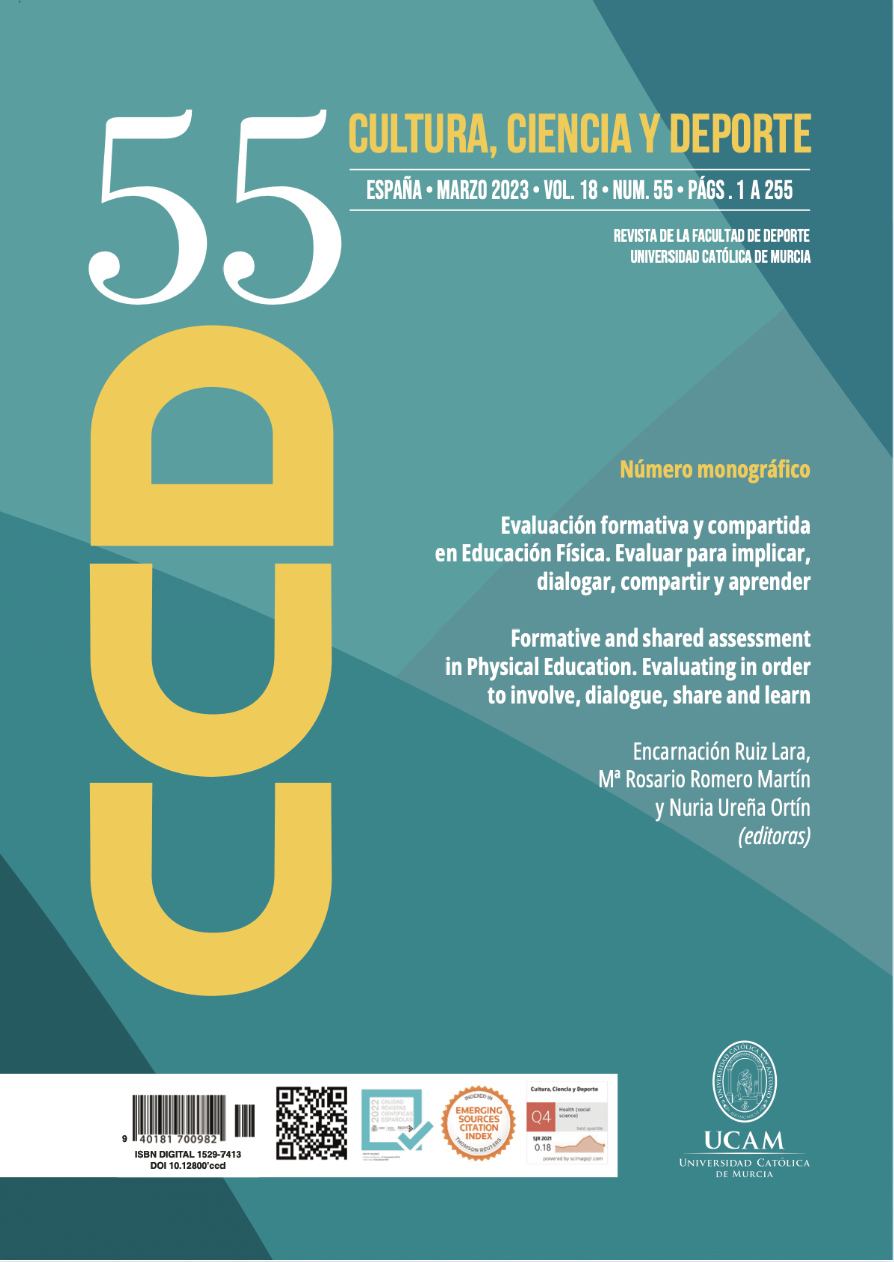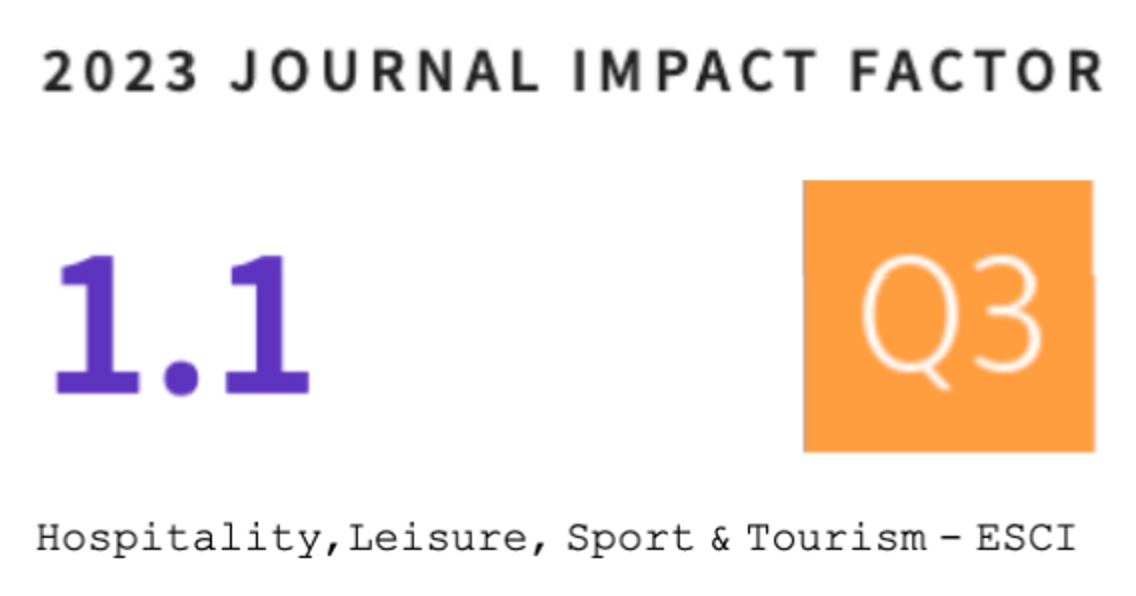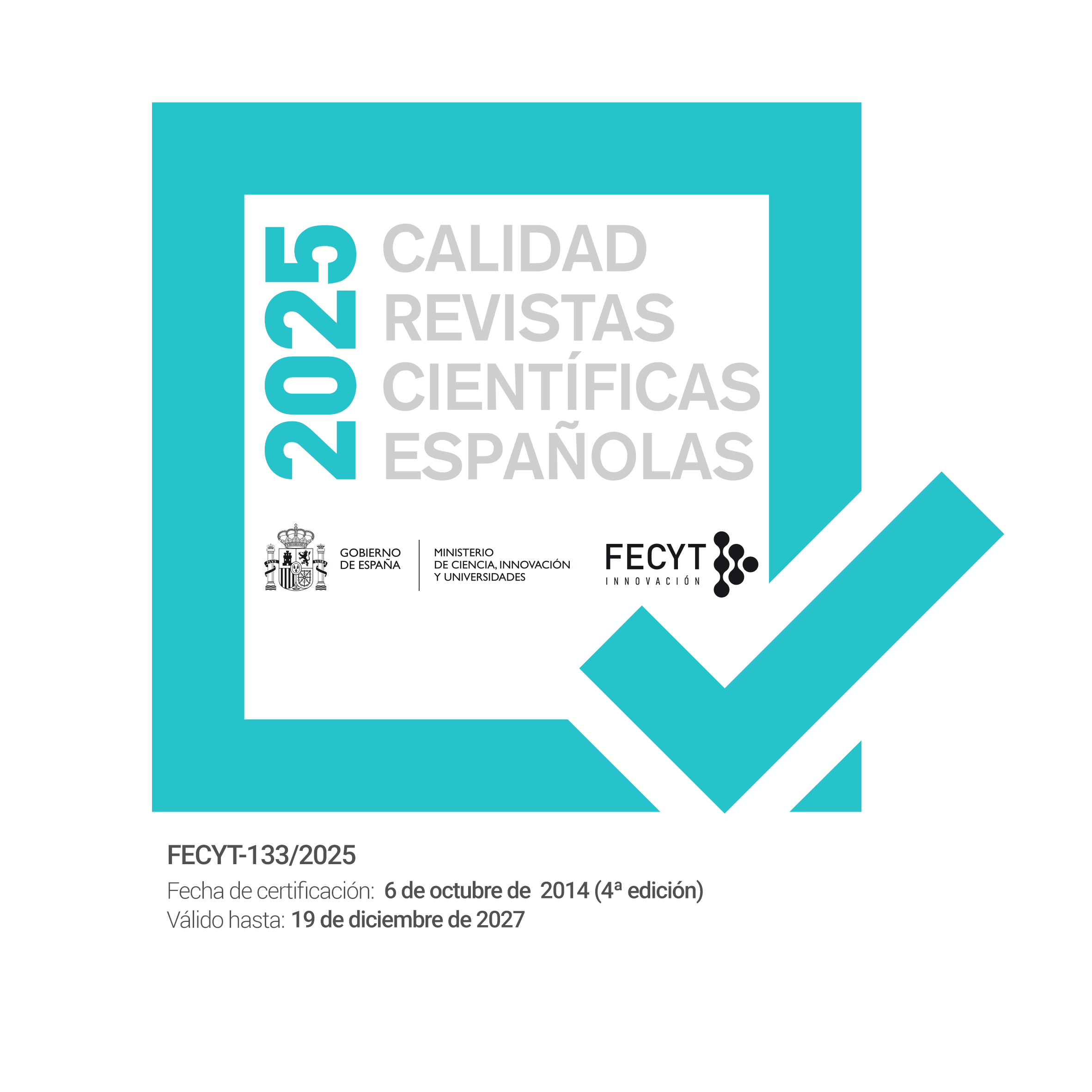Assessment for learning in face-to-face and in emergency virtual teaching: a comparison of its effects on students’ basic psychological needs
DOI:
https://doi.org/10.12800/ccd.v18i55.1958Abstract
The effects of Assessment for Learning on satisfying/frustrating the Basic Psychological Needs in the context of Physical Education Teacher Education is a research area that has not received much attention. This study measures students’ Basic Psychological Needs in two consecutive cohorts (face to face and emergency virtual teaching) during a module at university that use Assessment for Learning in an autonomy supportive learning environment. The Satisfaction and Frustration of the Basic Psychological Needs Scale for Training was administered to the students. Qualitative open-ended questions were incorporated into the questionnaire to deepen on students’ opinions on the experience. The results showed high levels of BPN satisfaction plus low levels of frustration in both the face-to-face and virtual teaching. Likewise, the importance of autonomy, structure and feedback in virtual classes was confirmed by students which supports the idea that autonomy and structure are complementary and not contradictory. It also shows how technologies in virtual teaching generated commitment and learning favoring continual feedback on tutored work. Although this study contributes to scaling up the empirical evidence of the effects of Assessment for Learning on motivation, a lot of terrain remains to be explored on its implementation in university contexts that support psychological needs.Published
2023-03-01
How to Cite
Lorente Catalán, E., Leao Pereira, A. F., Castel Vilalta, D. ., & Joven Pérez, A. . (2023). Assessment for learning in face-to-face and in emergency virtual teaching: a comparison of its effects on students’ basic psychological needs. Cultura, Ciencia Y Deporte, 18(55). https://doi.org/10.12800/ccd.v18i55.1958
Issue
Section
Artículos / Articles
License
Copyright (c) 2023 Creative Commons Attribution License

This work is licensed under a Creative Commons Attribution-NonCommercial-ShareAlike 4.0 International License.
The authors who publish in this journal agree with the following terms:
- The authors retain the copyright and guarantee the journal the right to be the first publication of the work as well as licensed under a Creative Commons Attribution License that allows others to share the work with recognition of the authorship of the work and the initial publication in this journal.















